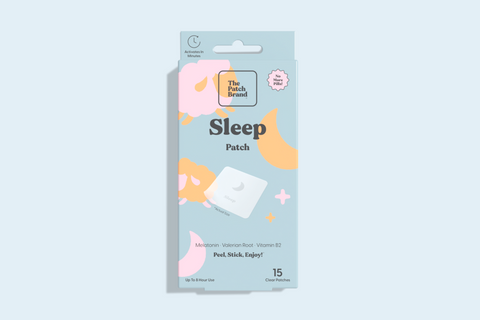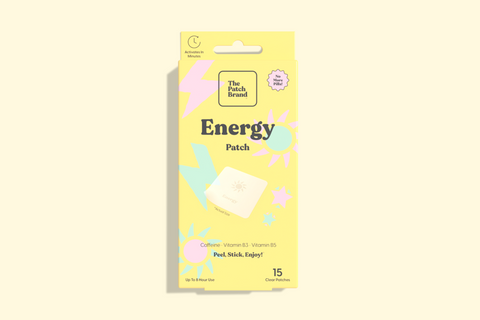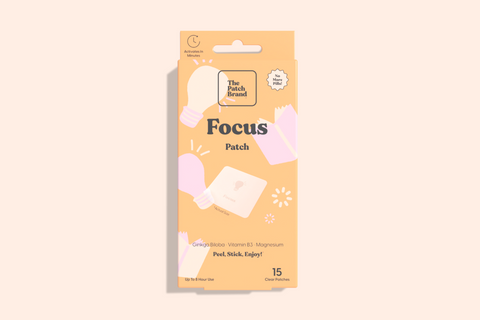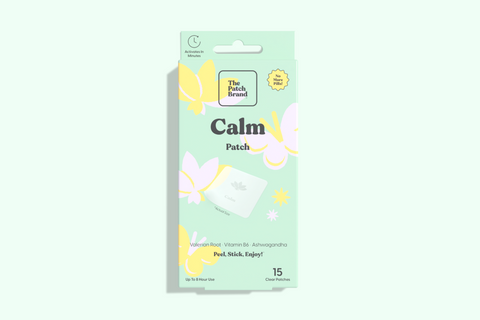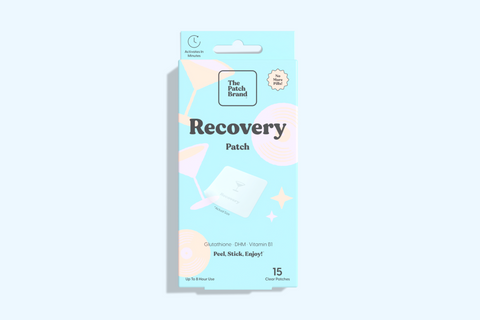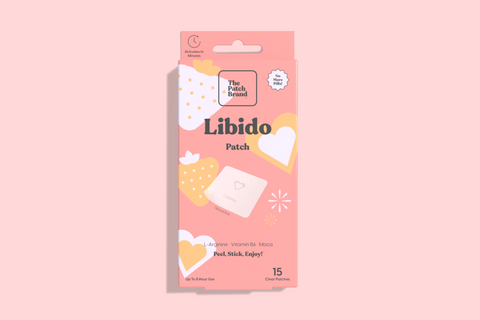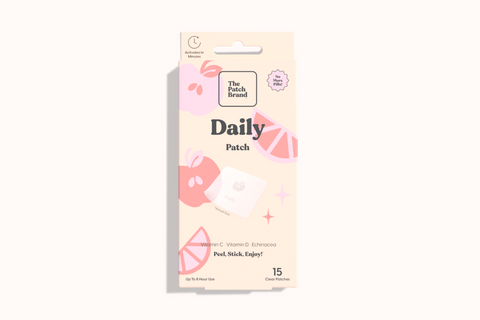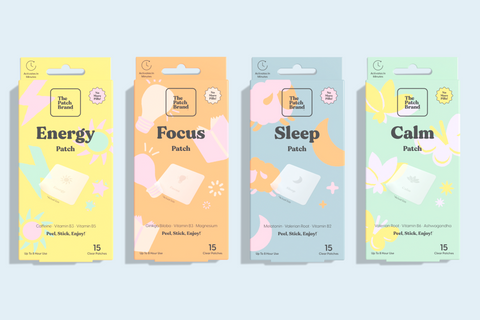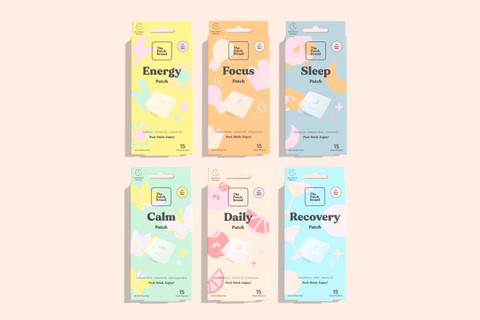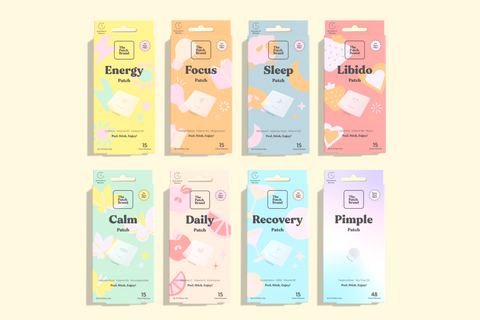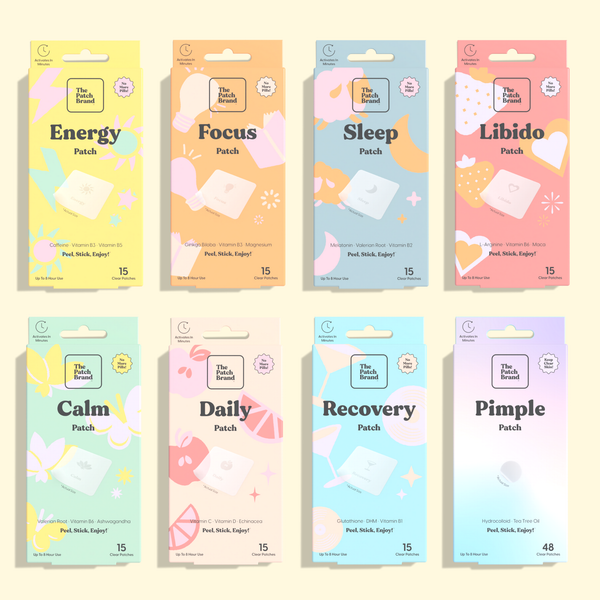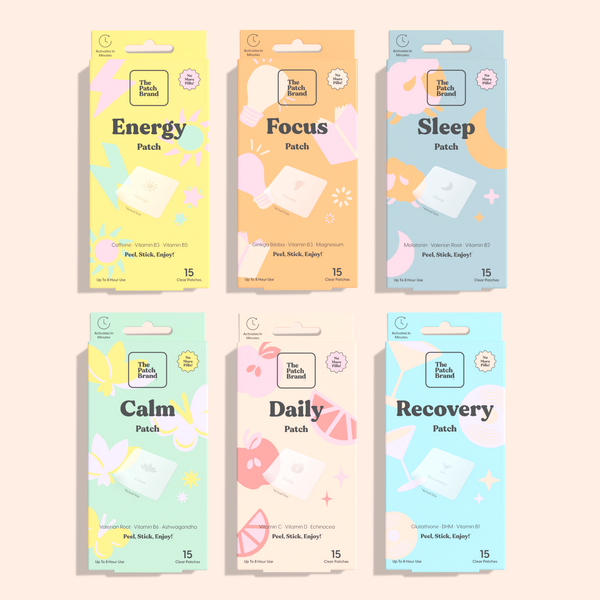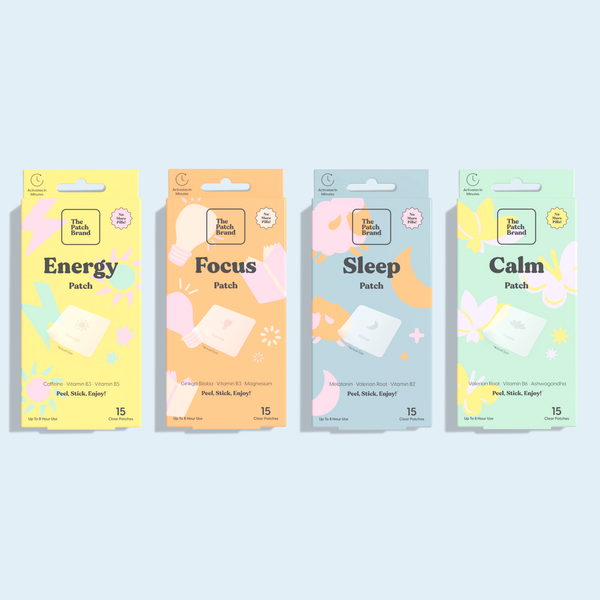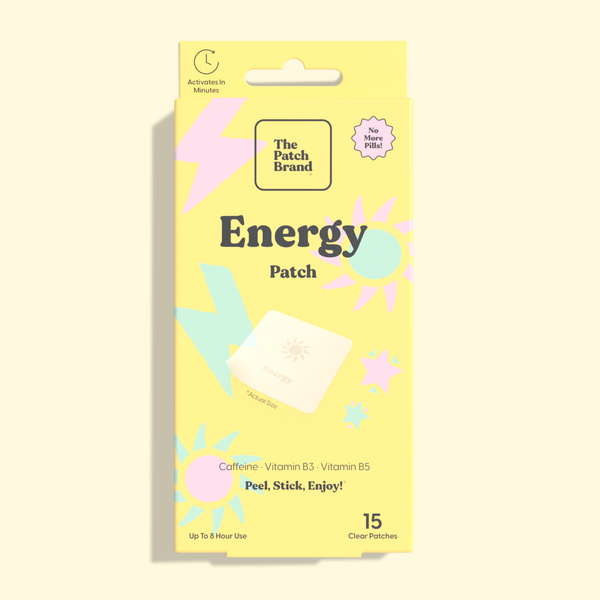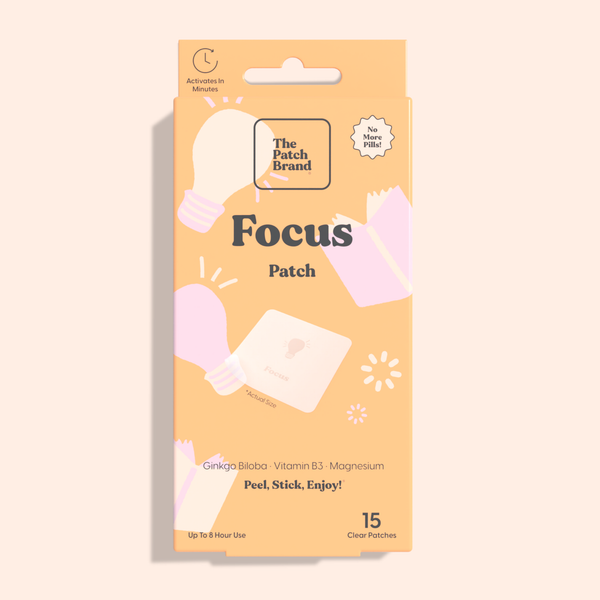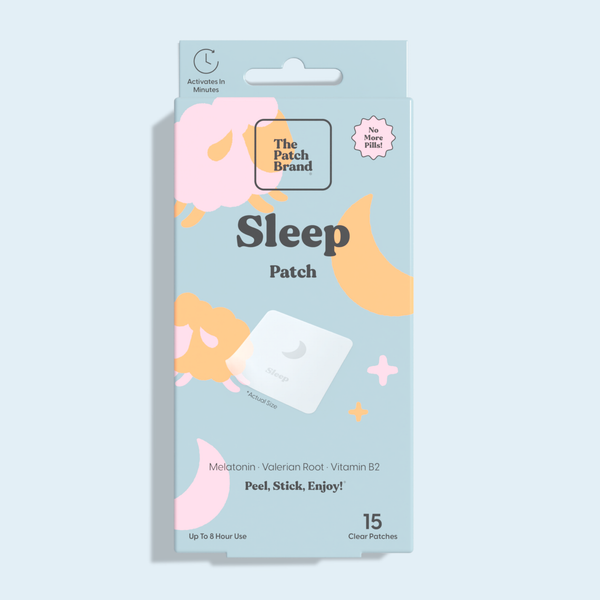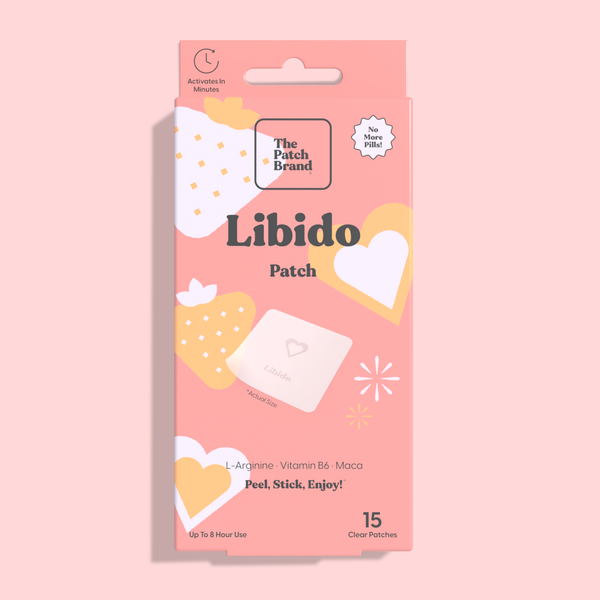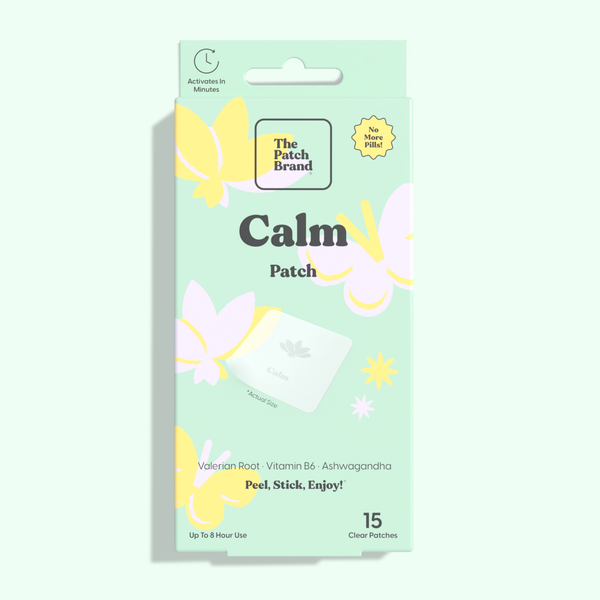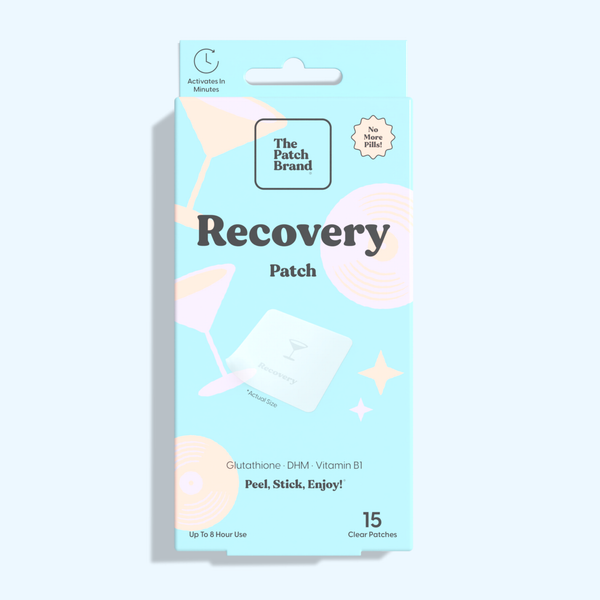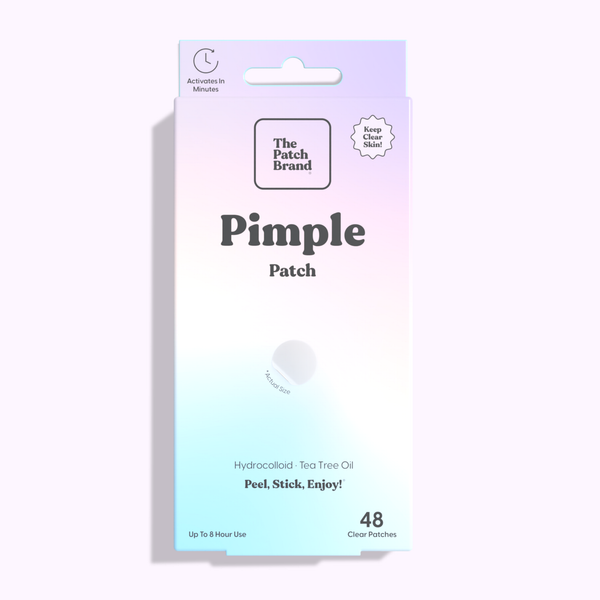Below are answers to some of the most frequently asked questions we see related to stress.
How Can I Make Time For Self-Care During Stress?
To manage stress and practice self-care, an individual may prioritize activities that promote relaxation and rejuvenation. This can involve taking breaks to meditate or listen to calming music, going for a walk, or dedicating time to hobbies. Adequate rest and sleep should also be prioritized, and vitamin patches may be used to support this goal.
Can Stress Cause Physical Illness?
Yes, stress can cause physical illness. Stress has been linked to a variety of physical health issues such as headaches, chest pain, muscle tension, sleep problems, weakened immune system, and digestive disorders. Prolonged stress can lead to more serious health problems including high blood pressure, heart disease, obesity, and diabetes.
How Can I Recognize When I Need Help With Stress?
An individual must be able to recognize when they are feeling overwhelmed or unable to cope with life's demands. Signs may include negative thoughts and feelings, difficulty sleeping, physical exhaustion, changes in eating habits, and feeling disconnected from loved ones. Seeking help from a trusted confidant is vital to manage stress.
What Are The Long-term Effects Of Stress?
The long-term effects of stress can be serious and far-reaching. Stress can lead to physical health problems such as headaches and even weakened immune system function. It can also cause mental health issues like anxiety, depression, and difficulty concentrating. Prolonged stress can cause people to become irritable and have a negative outlook on life.
How Can I Manage Stress At Work?
One way is to practice mindfulness, taking a few minutes each day to be calm and mindful can help reduce stress levels. Making sure to take breaks throughout the day, eating healthy meals, and exercising regularly also help reduce stress levels. Vitamins can also help improve mental clarity, and focus and reduce stress levels.
How Can I Reduce Stress Naturally?
There are many ways to reduce stress naturally. Exercise, yoga, and meditation can help relax the mind and body. Eating a healthy diet and taking vitamins can also reduce stress. Taking some time each day to do something enjoyable like reading a book or going for a walk is also beneficial.
What Are Some Effective Stress Management Techniques?
Some effective stress management techniques include deep breathing, exercising regularly, getting enough sleep, taking breaks from work or study, meditating and mindfulness activities, eating a healthy diet, spending time in nature, journaling or drawing to express feelings, practicing positive self-talk, and reframing negative thoughts. These techniques can help improve your mental and physical health.
What Are The Physical Symptoms Of Stress?
Physical symptoms of stress can include headaches, muscle tension or pain, fatigue, changes in appetite, difficulty sleeping, chest pain, and an increased heart rate. Other physical symptoms can include sweating, trembling, dizziness, dry mouth, and stomach upset. Stress may also lead to an increased frequency of illness, such as colds and flu.
How Do Vitamins Affect Stress?
Vitamins play a crucial role in managing stress. Vitamin A, as an antioxidant, helps combat oxidative stress and supports a healthy immune system. B vitamins aid in energy production and mood regulation, reducing stress levels. Vitamin C fights stress-induced free radicals and supports adrenal gland function. Adequate vitamin intake contributes to overall stress resilience.
What Are the Best Food Sources of Stress-Relieving Vitamins?
Some of the best food sources of stress-relieving vitamins include leafy greens like spinach and kale, citrus fruits such as oranges and grapefruits, fatty fish like salmon and mackerel, nuts and seeds like almonds and sunflower seeds, and dark chocolate. These foods provide essential nutrients like vitamin C, omega-3 fatty acids, magnesium, and antioxidants.
Which Vitamins Are Important for Stress?
Vitamins B complex, C, and D play crucial roles in managing stress. B vitamins support energy production and nerve function, reducing stress levels. Vitamin C acts as an antioxidant, supporting the adrenal glands during stress. Vitamin D regulates mood and supports mental well-being. A balanced diet can help maintain optimal vitamin levels for stress management.
Can Vitamins Help Reduce Stress?
Vitamins alone cannot directly reduce stress, but they play a crucial role in supporting overall well-being. Adequate levels of vitamins, particularly B-complex vitamins and vitamin C, are essential for maintaining a healthy nervous system and managing stress. Stress reduction requires a comprehensive approach that includes lifestyle changes, stress management techniques, and professional guidance if necessary.
Is Vitamin C Effective for Stress?
While Vitamin C plays a crucial role in maintaining overall health, its direct effectiveness in managing stress remains inconclusive. Some studies suggest that it may help reduce stress levels indirectly by supporting the immune system and promoting overall well-being. However, more research is needed to determine its specific impact on stress management.
What Is the Role of Vitamin D in Stress?
Vitamin D plays a vital role in stress management. It supports the production of serotonin, a neurotransmitter that regulates mood and reduces stress. Adequate vitamin D helps maintain emotional well-being and resilience. It influences the expression of genes involved in stress response, making it an essential nutrient for managing and minimizing the impact of stress.
Are Vitamin E Supplements Beneficial for Stress?
Vitamin E supplements may have some benefits for stress due to their antioxidant properties, which help protect cells from damage caused by stress. However, more research is needed to determine their specific effectiveness. It's important to consult a healthcare professional before starting any supplement regimen to ensure safety and effectiveness for individual circumstances.
How Does Vitamin B12 Impact Stress Levels?
Vitamin B12 plays a role in stress regulation by supporting the production of neurotransmitters like serotonin and dopamine. It helps maintain a healthy nervous system and promotes energy production. Adequate B12 levels contribute to better mood, reduced fatigue, and improved resilience to stress. However, its direct impact on stress levels may vary among individuals.
Can Vitamin B6 Help Manage Stress?
Vitamin B6 may help manage stress due to its role in neurotransmitter synthesis. It supports the production of serotonin and gamma-aminobutyric acid (GABA), which are involved in mood regulation. However, it's essential to maintain a balanced diet and incorporate other stress-management techniques for overall well-being. Consulting a healthcare professional is recommended for personalized advice.
What Are the Benefits of Vitamin B5 for Stress?
Vitamin B5, also known as pantothenic acid, offers several benefits for stress management. It aids in the production of stress hormones and supports adrenal gland function. B5 helps convert food into energy, reducing fatigue caused by stress. Additionally, it promotes a healthy nervous system, enhances cognitive function, and contributes to overall mental well-being.
Is Vitamin B3 Helpful in Reducing Stress?
Yes, Vitamin B3, also known as niacin, can be helpful in reducing stress. It plays a crucial role in the production of serotonin, a neurotransmitter that regulates mood and stress responses. Adequate levels of Vitamin B3 can support a healthy nervous system and contribute to stress reduction, along with other lifestyle factors.
How Does Vitamin B2 Affect Stress Response?
Vitamin B2, also known as riboflavin, plays a vital role in the body's stress response. It supports the production of energy and aids in the metabolism of carbohydrates, proteins, and fats. Additionally, it acts as an antioxidant, protecting cells from oxidative stress. Adequate levels of vitamin B2 are essential for maintaining a healthy stress response.
Can Vitamin B1 (Thiamine) Help with Stress?
While vitamin B1 is essential for overall health, its direct impact on stress management is limited. Thiamine supports proper brain function and energy metabolism, which indirectly affects stress levels. Managing stress requires a comprehensive approach, including healthy habits, relaxation techniques, and professional guidance when needed. Vitamin B1 alone is unlikely to provide significant stress relief.
What Is the Importance of Vitamin K in Stress Management?
Vitamin K plays a crucial role in stress management by supporting proper blood clotting and bone health. It helps regulate the release of cortisol, a stress hormone, and aids in maintaining overall well-being. Adequate intake of Vitamin K through diet or supplements is essential for managing stress and promoting a balanced response to challenging situations.
What Are the Most Effective Techniques for Calming Down?
Deep breathing exercises and mindfulness meditation help regulate emotions. Progressive muscle relaxation and grounding techniques, like the 5-4-3-2-1 method, reduce anxiety. Physical activities like walking or yoga can alleviate stress. Additionally, listening to calming music or employing positive self-talk can be beneficial. Consistency in practice enhances effectiveness.
Do Wellness Patches Help with Stress Reduction?
Yes, wellness patches can help with stress reduction. Infused with natural ingredients, they release calming agents over time. While individual experiences vary, many users report feeling more relaxed and centered. However, it's essential to combine them with holistic stress-reducing practices for maximum benefit. Always consult with a healthcare professional.
What Teas Are Best Known for Stress Relief?
Chamomile tea is renowned for its calming properties, aiding in stress relief and sleep. Green tea, with its L-theanine content, can reduce anxiety. Peppermint tea serves as a muscle relaxant. Lavender tea soothes nerves, while lemon balm tea can alleviate stress symptoms and promote tranquility.
What Natural Supplements Are Known to Reduce Stress?
Ashwagandha, an adaptogen, mitigates stress responses. Magnesium regulates neurotransmitters linked to stress. Rhodiola rosea combats fatigue and improves resilience. L-Theanine, found in green tea, promotes relaxation without drowsiness. B-complex vitamins support mood and balance stress hormones. Probiotics can influence gut-brain communication, potentially reducing stress.
Do Omega-3 Fatty Acids Have Stress-Relieving Properties?
Omega-3 fatty acids, particularly found in fish oil, may help reduce stress. They are believed to lower cortisol levels and interact with mood-related molecules within the brain. Regular intake has been associated with decreased anxiety and the potential to alleviate stress symptoms, making them beneficial for mental health.
What Foods Can Naturally Help Lower Stress?
Foods rich in magnesium, vitamin C, complex carbohydrates, and omega-3 fatty acids can naturally lower stress. Examples include spinach, salmon, avocados, oranges, almonds, whole grains, and dark chocolate. These nutrients help reduce cortisol levels, boost brain health, and enhance mood regulation, promoting a calming effect on the body.
What Are the Best Natural Herbs for Stress Relief?
The best natural herbs for stress relief include ashwagandha for reducing cortisol, valerian root for improved sleep, lavender for calming nerves, chamomile for its soothing effect, rhodiola for combating fatigue, and holy basil for regulating stress response. These herbs are traditionally used to support the body's resilience to stress.
